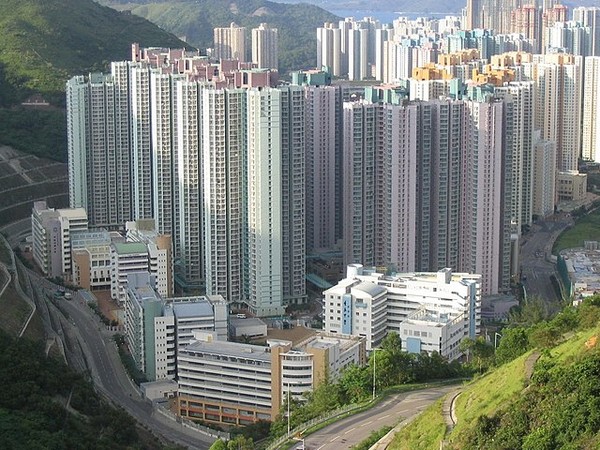
'Overall housing prices should fall further.' Do you agree with this sentence? If you do, what do you think about the next one: ‘Your house price should fall, too?' Most will express their opposition. The irony of hoping for a general decline in house prices, but at the same time not wanting to see the decline of their own house’s price, clashes when new policies for real estate. This obsession has led to a real estate profit-seeking battle, which is hurting people living in public rental houses and future residents in there. Let's find out why this situation happened.
Public rental housing is a housing policy made by the Korea Land & Housing Corporation and it rents the people houses for five to ten years before being sold to tenants. Eligibility to move in is given priority to those who face economic difficulties, such as homeless people, newlyweds and low-income families. There have been favorable opinions for providing real estate through public rental housing, considered the largest capital in Korea, to the economically weak class first, but some have voiced opposition to it. It is because of the rumor that housing prices in areas where public rental housing is installed will fall. However, this is not true. According to Professor Ha Sung-kyu's "Social and Economic Effects of National Rental Housing Supply”, the construction of public rental housing from 1998 to 2014 resulted in 183.5 trillion won in production inducement effect, about 1.9 million jobs, and about 38 trillion won in wage inducement effects. Despite these facts, some residents have considerable antipathy toward public rental housing.
Public rental housing, unlike its original purpose, is recognized by residents as a hate facility. “NIMBY”, or Not In My Backyard, which socially describes the residents' response to hate facilities, is related with their dislike of public rental housing. According to Kyung-hyang Biz New’s report last October, a public rental house located in Seongnam, Gyeonggi Province, was insulted as a so-called "School District Hell" and its residents were called "Potential Criminals”. There exists outright aversion, though never officially revealed in official complaints. According to the "Public Rental Housing Civil Petition Analysis Report" released by the Anti-Corruption and Civil Rights Commission based on 1,500 complaints, 33.7% of the complaints are about the "Public Rental Housing Construction pros and cons." Looking at some cons of construction, residents cite not convincing reasons such as "Harm the surrounding landscape" and "Noise due to the proximity of the parking lot." This led to the recent cancellation of a plan to build public rental housing in Unjeong District 3 in Paju. The number of public rental houses promoted in Suji, Yongin, Gyeonggi Province, decreased from 149 households on the 11-story building to 85 households on the 7-story building. Hate for public rental housing is gradually reducing the position of people who will benefit economically from public rental housing.
In Korea, real estate accounts for a very high percentage of assets, it may be natural to be sensitive to housing prices. But we have the responsibility to keep before putting housing prices first. It is our duty to not infringe on other people's housing, the living environment of others, and the obligation to admit public rental housing. If one pursues only one's own interests without considering others, it will eventually lead to the abandonment of the benefits that can be gained through consideration. Therefore, instead of simply irrationally obsessing over falling housing prices that don't even exist, try to co-exist with others which will have a positive impact on overall society.

